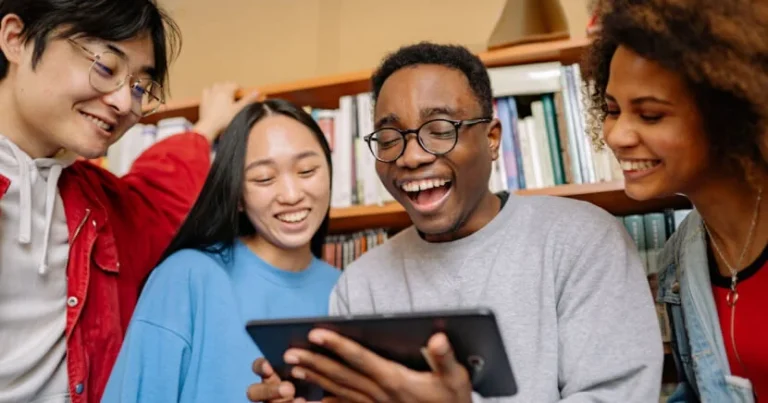In today’s digital age, access to information is more important than ever. Yet, for many individuals and communities, barriers such as socioeconomic status, geographic location, and language can limit their ability to access essential resources. In this article, we’ll explore the critical role that libraries play in promoting equity and ensuring access to information for all members of society.
Understanding the Importance of Equity and Access
Equity and access to information are fundamental pillars of a democratic society. They ensure that everyone has the opportunity to participate fully in civic life, pursue educational and economic opportunities, and make informed decisions about their health, safety, and well-being.
Unfortunately, disparities in access to information persist, with marginalized communities disproportionately affected by limited access to resources. These disparities can exacerbate existing inequalities and perpetuate cycles of poverty and exclusion.
The Role of Libraries in Promoting Equity
Libraries have long served as bastions of knowledge and enlightenment, offering free and open access to information for all. As trusted community institutions, libraries are uniquely positioned to address inequities in access to information and empower individuals and communities to thrive.
One of the key ways in which libraries promote equity is by providing free access to a wide range of resources, including books, periodicals, digital databases, and multimedia materials. By offering these resources free of charge, libraries ensure that individuals of all backgrounds and circumstances can access the information they need to succeed.
Addressing Barriers to Access
In addition to providing free access to information, libraries also work to address barriers that may prevent individuals from accessing their services. This includes offering outreach programs to underserved communities, providing mobile library services to rural areas, and ensuring that library facilities are accessible to individuals with disabilities.
Furthermore, libraries play a crucial role in promoting digital literacy and bridging the digital divide. In an increasingly digital world, access to the internet and digital resources is essential for participation in society. Libraries offer free internet access, technology training programs, and assistance with digital literacy skills, ensuring that everyone has the opportunity to navigate the digital landscape with confidence and competence.
Advocating for Equity and Inclusion
Beyond their role as providers of information, libraries also serve as advocates for equity and inclusion within their communities. They actively work to address systemic barriers and advocate for policies and initiatives that promote equal access to information for all members of society.
This includes advocating for funding and resources to support library services, partnering with community organizations to address specific needs, and promoting diversity and inclusivity in library collections and programming. By actively engaging with issues of equity and inclusion, libraries demonstrate their commitment to serving as inclusive spaces where everyone is welcome and valued.
Conclusion: Empowering Communities Through Access to Information
In conclusion, libraries play a vital role in promoting equity and access to information for all members of society. By offering free and open access to a wide range of resources, addressing barriers to access, and advocating for equity and inclusion, libraries empower individuals and communities to overcome challenges, pursue opportunities, and achieve their full potential.
As we strive to build a more equitable and inclusive society, it’s essential to recognize the critical role that libraries play in this effort. By supporting and investing in libraries, we can ensure that everyone has the opportunity to access the information they need to succeed, regardless of their background or circumstances. In doing so, we can create a more just and equitable world for future generations.








